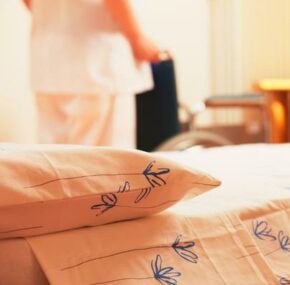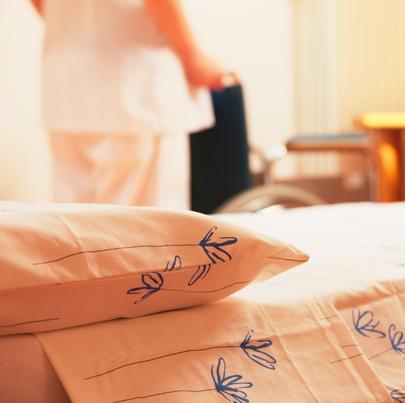The Nursing Home Care Act was passed to bring state oversight to the disparate group of nursing home care facilities throughout Illinois. Before the Act’s passing, Illinois experienced a rash of headline-dominating nursing home abuse incidents. The Nursing Home Care Act adopts a multi-pronged approach by enumerating and guaranteeing resident rights, standardizing licensing requirements, and providing for mandatory inspection and penalties of facilities that violate the prescribed standards of care.

Resident Rights
The Act ensures that residents are protected by every right set out in the U.S. and Illinois Constitutions and all applicable state and federal laws. It then prescribes specific protections. For example, residents are guaranteed the right to retain their personal physician (at their expense). Residents are permitted to manage their financial affairs, absent a different arrangement between the resident and his family or the court.
Residents are entitled to keep their personal belongings in their rooms and on their person. The only exception is if a doctor determines that the item is dangerous or medically inappropriate (i.e. powerful magnets because they could damage the sensitive equipment).
Finally, residents who are admitted with a diagnosis of severe mental illness are entitled to a review of their mental health every 90 days. Before the Act, some nursing facilities regularly took advantage of residents suffering from mental illness. Subjecting residents to regular mental health checks ensures that an outside party is overseeing the quality of the resident’s care.
Licensing Provisions
The Act vests the Department of Public Health with the authority to draft licensing requirements. The Act permits the Department to investigate homes, issue reports, commission studies, and modify the rules as necessary.
(Article continues below Infographic)

______
Violations and Penalties
However, these licensing and bill of residential rights are meaningless unless nursing facilities obey them. To compel compliance, Illinois granted the Department of Public Health the power to investigate nursing facilities and compile and publish a report grading each one. The goal of the publication is to raise public awareness of facility violators and utilize the dual power of the market and state punishment to ensure that facilities raise their standards of care.
Finally, the only real guarantor of a person’s safety in a nursing home is her family, friends, and support system. A nursing home abuse lawyer in Chicago is useful to investigate and, if necessary, litigate these cases because they can compel future behavior is compliant with the regulations.







